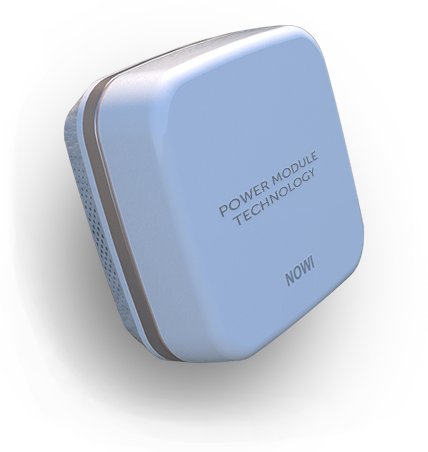MSc thesis project proposal
[2020] Small power management integrated circuits (PMICs) for energy harvesters
Project outside the university
NOWIThe available power range required by customers ranges from 10 μW to 100 mW. The full range must be processed by a single IC. Therefore, the PMIC size must be large enough to obtain a high power conversion efficiency (PCE) at the high end of this range. Which presents a challenge, since it is not desirable to increase the PMIC PCB footprint.
Assignment
The goal of this project is to design a power converter that presents a high PCE in the afore-mentioned range while presenting a small PCB footprint. There are several power converter topologies that could be employed in an attempt to achieve this goal. Each one of them presents different characteristics in terms of power density, number of external components, complexity, etc. Therefore, a study of the several topologies must be realized in order to select the most suitable one, or to design a hybrid topology that combines the advantages of different topologies. Finally, the ideal design must have a small footprint, a high PCE, and a controllable conversion ratio to comply with different energy harvesting sources.Requirements
Student EE-ME with a genuine interest in energy harvesting and power management. Recommended completed courses are: Structured Electronic Design (EE4109), Analog Integrated Circuit Design (ET4252) and Power conversion techniques in CMOS technology (ET4382).Contact
prof.dr.ir. Wouter Serdijn
Bioelectronics Group
Department of Microelectronics
Last modified: 2021-05-04
